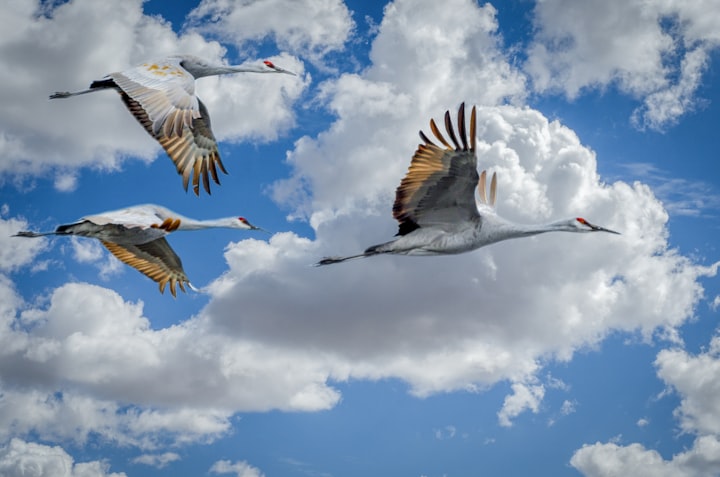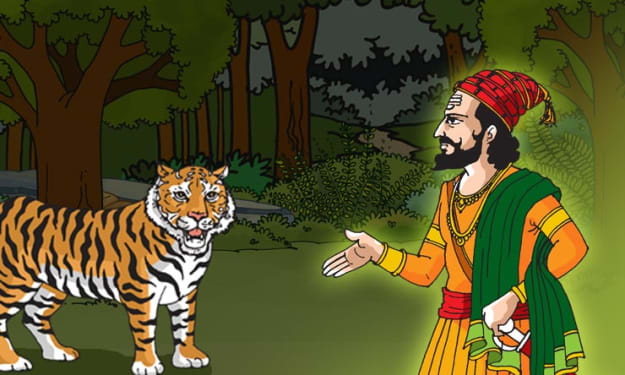EFFECTS OF FIRECRACKERS ON BIRDS
FIRECRACKERS CAUSE BIRDS STRESS

Researchers have found that New Year's Eve is by a wide margin the most exceedingly terrible evening of the year — for birds. The huge measure of firecrackers set off as one at the stroke of 12 PM make a colossal unsettling influence for birds and prompt numerous species to take off for a strangely lengthy time allotment, detecting they might have to stay away from adjacent risk.
Despite the fact that birds fly a ton as a rule, they wind up squandering a ton of energy New Year's Eve flying out of the blue for significant stretches of time, which can be particularly truly burdening, said Bart Hoekstra, the lead creator of the review.
"They're not keeping a schedule and saying, 'Goodness definitely, it's five days until it's New Year's Eve once more. At 12 PM, this will occur,'" Hoekstra, said. "In the event that they would be able, they likely would and it wouldn't alarm them so much — yet they can't."
A few birds might be in the air for as long as an hour after firecrackers eject on New Year's Eve, making them exhaust unprecedented measures of energy during one of the coldest seasons, specialists found. At times, birds went through the following 11 days recuperating from spending all that energy, Hoesktra said. The discoveries from the College of Amsterdam are among the most recent logical proof of the adverse consequences human exercises have on creatures, specialists told 'USA TODAY'.
Utilizing radar innovation, the scientists in the Netherlands found that at the times after firecrackers are lit on New Year's Eve, there were multiple times a larger number of birds in trip than on different evenings.
Birds take off for curiously prolonged stretch of time, analysts found
Surprising, startling measures of commotion and light from firecrackers ready birds that peril may be close, making them take off, scientists say in their report. Be that as it may, the time allotment the creatures stay on high's most disturbing, said Wesley Hochachka, an ornithologist at Cornell College who studies bird conduct.
"What astounded me was the way lengthy birds were in the air," Hochachka told USA TODAY.
In the Dutch review, specialists found birds were in the air for up to 60 minutes, a flight time practically every bird species just sets out on "on the off chance that they're on relocation," Hochachka said. A few birds followed in the Netherlands flew to the extent that six miles subsequent to being frightened by firecrackers, as per Hoekstra.
"We realize that birds truly need to recuperate that energy that they lose by flying for that long in such a terrified state, so this has an extremely, solid vivacious effect on these birds," Hoesktra said.
Since winter isn't when birds move, firecrackers at New Year's Eve come "during a period of year when birds aren't truly ready to fly for those drawn out timeframes," Hochachka said.
Long flights take birds to new regions
The long flights many bird species require on New Year's Eve probably take them to new regions where they've never scrounged, scientists found.
In the review, geese were regularly driven further away from their headquarters, into new rummaging and perching locales, "worsening" the deficiency of energy brought about by the firecrackers, since it takes creatures longer to find food in new regions, the report creators said.
Specialists found geese upset by firecrackers rummaged for nourishment for 10% longer for over seven days after New Year's Eve. The review zeroed in generally on bigger birds who need to escape by taking off, dissimilar to the littlest bird species that can stow away from apparent risk by tunneling into shrubs or leaves on the ground, Hoekstra said.
Albeit the radar study was led in the Netherlands, geese in North America could be comparably impacted by New Year's Eve firecrackers, particularly in regions where metropolitan networks line level regions where geese perch, Hochachka said.
Planning innovation Hochachka made at Cornell's Lab of Ornithology shows the heaviest winter grouping of geese in the U.S. is in the southern Midwest: Arkansas, Missouri and Illinois. Portions of Mississippi and Louisiana are likewise home to a large number of the birds during winter, as well as a segment of the mid-Atlantic coast and California's Focal Valley. Those region of the U.S. are where the aftereffects of the Netherlands study are the most material, as indicated by Hochachka.
Human action can cause ongoing pressure in birds
''In all sides of the world, creatures are great at adjusting to human way of behaving, for however long it's steady and unsurprising,'' said Hoekstra. ''A few creatures become more nighttime to conform to human rest timetables, and others come to depend on our trash that gets tossed out each day,'' he said.
In any case, tremendous, delayed light shows are exactly the sort of uncommon occasion that no species can figure out how to adjust to, he said.
Writers of the report prescribe policymakers push to restrict the utilization of firecrackers to incorporated regions, with the goal that their adverse consequences on birds are less inescapable.
The New Year's Eve firecrackers model is probable the most outrageous illustration of human action upsetting birds on some random year, causing recognizable physical, physiological and wholesome pressure for the creatures, Hochachka said.
Yet, that doesn't mean birds aren't worried by additional low-level aggravations at any remaining seasons, he said.
The "single sharp unsettling influence" caused on New Year's Eve "possibly educates us concerning something about constant aggravations of birds in regions around a ton of human movement," he said.





Comments
There are no comments for this story
Be the first to respond and start the conversation.